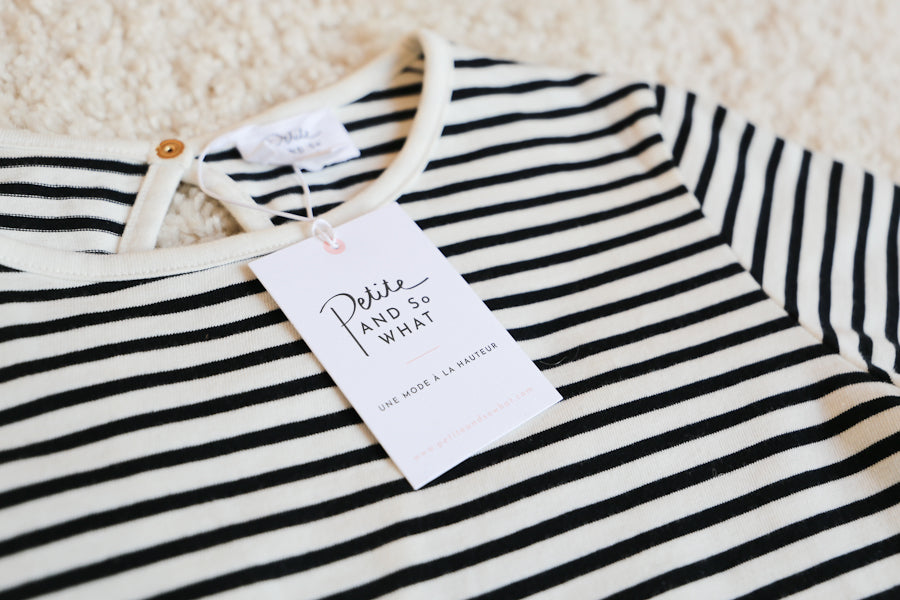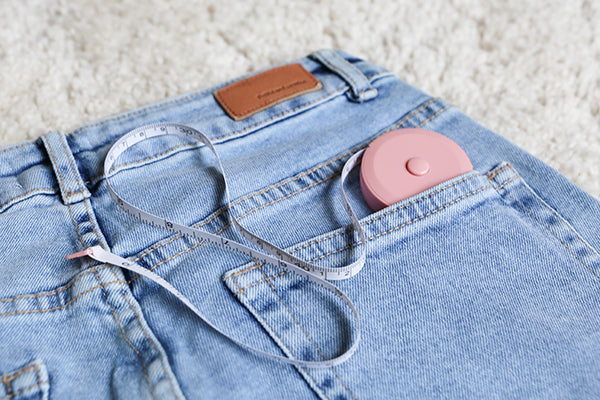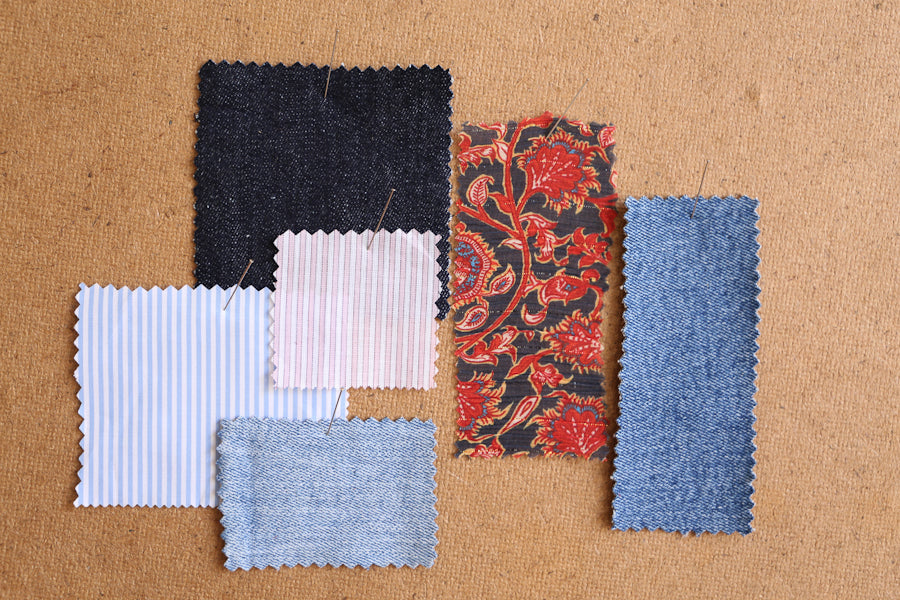Ce que j’aime le plus ? Accompagner, rassurer, écouter, et conseiller. Être auprès des femmes, leur apprendre à mieux connaître leur corps. J'aime avant tout le contact humain, l’aide que j'apporte à toutes ces femmes et le fait que chaque jour est un jour nouveau où je peux leur apporter mon soutien.
Can you start by introducing yourself?
Je m’appelle Catherine, mais tout le monde m’appelle Cathy. J’ai bientôt 26 ans et je suis sage-femme à l’hôpital de Créteil depuis 3 ans. Mon métier de sage-femme me passionne et je pourrais en parler pendant des heures…
Pendant mon temps libre, j’aime beaucoup lire et peindre mais récemment, je me suis découvert une nouvelle passion : le roller.
Je suis une personne assez facile à vivre, je m’émerveille de petits riens. Sensible à la nature, je peux contempler un coucher de soleil, écouter les oiseaux chanter et regarder les étoiles et en être totalement heureuse. J’essaye de voir le bon côté des choses quand je peux !
Can you tell us more about your background?
Pour faire simple, j’ai un BAC S et j’ai passé le concours de PACES (première année commune aux études de santé). J’ai redoublé cette année et j’ai réussi mon concours en étant doublante. Ça a été difficile mais je suis contente d’y être arrivée. J’ai ensuite fait 4 ans d’école de sage-femme. J’ai donc un parcours d’études médicales de 5 ans en sciences maïeutiques.
Devenir sage-femme, est-ce que c'était une vocation ?
Pour être honnête, au début, je voulais être dentiste. J’ai longtemps admiré mon père, lui-même dentiste et je voulais faire comme lui. Mais pendant l'année de PACES, j’ai pris conscience que cela ne me plaisait pas. J’ai eu l'occasion de découvrir le métier de sage-femme et ce fut une révélation !
Les cours auxquels j’ai assistés étaient tellement intéressants que ça a été pour moi, comme une évidence. Les cours étaient principalement axés sur l’obstétrique, la gynécologie et la pédiatrie.
Je me rappelle encore d'un cours très précis sur le placenta qui m’a permis de prendre conscience que c’est un organe merveilleux ❤️ ! Il permet les échanges entre la mère et son fœtus pour qu'il ait tout ce qui lui est nécessaire pour sa nutrition et sa respiration. Mais il permet aussi de faire barrière avec certaines bactéries, substances, ou médicaments, néfastes pour le fœtus.
Je pense que le fait d’avoir été une enfant adoptée a éveillé ma curiosité sur ce métier et sur ce qu’était la naissance, la grossesse, l’accompagnement des futurs parents.
Sage-femme, c'est un magnifique métier, mais c'est aussi un métier très difficile. Qu'est-ce que tu aimes le plus dans ton métier ?
Mais ce que j’aime le plus ? Accompagner, rassurer, écouter, et conseiller. Être auprès des femmes, leur apprendre à mieux connaître leur corps. J'aime avant tout le contact humain, l’aide que j'apporte à toutes ces femmes et le fait que chaque jour est un jour nouveau où je peux leur apporter mon soutien.
Tu travailles souvent de nuit, quel est ton rythme de travail ?
Je suis sage-femme hospitalière. Dans un hôpital, il y a plusieurs services : la salle de naissance, les urgences obstétricales, les suites de couches (lorsque les patientes ont accouché), les grossesses à haut risque (grossesses nécessitant une hospitalisation liée à des complications), et les consultations. Les horaires sont en général sous forme de gardes de 12 heures mais cela peut varier en fonction des maternités.
Nous, sages-femmes, sommes des acteurs polyvalents au sein de la maternité, nous ne travaillons pas qu’en salle de naissance. Nous changeons régulièrement de service, avec des rotations de 2/3 mois. Nous pouvons ainsi aussi nous occuper des patientes qui ont accouché, nous assurons le lien mère-enfant, accompagnons la mise en place de l’allaitement et rassurons les nouveaux parents. Nous surveillons également les grossesses pathologiques et faisons le suivi de grossesse lors des consultations. Et bien sûr, nous sommes présentes 7j/7, 24h/24 aux urgences gynécologiques/obstétricales pour accueillir les femmes et les prendre en charge.
En ce qui concerne nos horaires de travail, nous travaillons 12h d'affilée. Nous commençons à 8h pour finir à 20h et inversement de nuit de 20h à 8h. Nous pouvons faire plusieurs gardes d'affilée que ce soit de jour comme de nuit puis nous disposons de jours de repos, calés entre les gardes.
Pour vous donner un exemple. Voilà comment peut s'articuler une semaine type : le lundi de jour, le mardi de nuit, deux jours de repos (mercredi et jeudi) puis reprise le vendredi et le samedi de nuit.
Le travail de nuit doit être éprouvant, comment arrives-tu as organiser ta vie personnelle ?
Une garde type, comment ça se passe ?
Question difficile, car il n’existe pas une garde type. Chaque garde est différente et aucune ne se ressemble.
Pour ma part :) - Un exemple de garde en journée.
6h15 : Réveil
6h50 : Métro
7h30 : Arrivée à l'hôpital. J’arrive au vestiaire, j’enfile mon pyjama de bloc et je laisse ma vie personnelle de côté pour être à 100 % pour mes patientes.
7h45 : L’heure des transmissions - l’équipe qui nous précède nous transmet les informations sur les patientes que nous allons prendre en charge.
Puis, la garde débute.
Les gardes peuvent être très éreintantes, il arrive souvent que nous nous occupions de plusieurs patientes en même temps. Alors on court, on essaye de faire de notre mieux pour nous occuper de tout le monde sans oublier ou mettre une patiente de côté. Nous passons parfois 12h d’affilée sans boire, sans manger, sans aller aux toilettes. Les gardes peuvent être très chargées.
C'est dans ces moments-là, que nous aimerions être aidées et écoutées !
Récemment, une sage-femme que j’admire, Anna Roy, a partagé son expérience et a raconté l’une de ses gardes sur les réseaux sociaux.
Avec le peu de moyens que le gouvernement nous donne, malheureusement nous ne pouvons pas nous occuper des patientes comme on le souhaite. Nous finissons par être maltraitantes car nous n’avons pas assez de temps pour nous occuper correctement des femmes qui ont besoin de nous.
19h45 : Fin de la garde. Nous faisons nos transmissions à l’équipe qui nous relève. Mais en réalité, nous avons de nombreux papiers à remplir. C’est le côté administratif peu connu de notre métier. Nous avons des papiers médico-légaux à compléter, des certificats à signer, des dossiers à finir, et nous finissons rarement à l’heure. Il nous arrive parfois de partir 2 h après l’heure prévue ! Et je ne vous parle pas d’une urgence, ou d’un accouchement qui arrive à cette heure-là (rires) car dans ces moments-là, nous ne regardons pas l’heure et nous faisons notre travail !
Tous les accouchements que tu as accompagnés doivent être exceptionnels; mais quel est l'accouchement le plus extraordinaire que tu aies vécu ?
Chaque accouchement est un beau moment et reste unique que ce soit pour la sage-femme ou pour le couple ou la patiente.
Récemment, j’ai accompagné une patiente phobique des hôpitaux; elle avait subi des violences. Elle était très angoissée et avait besoin d’être rassurée. Elle attendait son premier enfant et souhaitait accoucher de manière naturelle sans péridurale.
J’ai essayé de l’accompagner au maximum, tout en la faisant bouger. Je l’ai massée, je l’ai rassurée je lui ai dit de se faire confiance. Nous avons mis de la musique et finalement elle a brillamment accouché débout, naturellement. Elle était très fière et j’en suis encore toute émue.
Penses-tu rester sage-femme en maternité encore pour longtemps ou as-tu d'autres projets ?
En libéral, nous pouvons suivre toute femme en bonne santé, tout au long de sa vie, pour son suivi gynécologique : nous suivons des patientes qui n’ont pas jamais eu d’enfants, faisons le suivi gynécologique avec le frottis, l’examen des seins, prescrivons et conseillons sur les moyens de contraception, vaccinons… Nous pouvons également prévenir et gérer les addictions comme le tabac, réaliser des IVG médicamenteuses, faire des échographies, suivre une grossesse, faire la consultation post-natal (après l’accouchement), la rééducation du périnée, l’accompagnement de l’allaitement, etc. Nos champs de compétence sont variés.
Il n’y a pas d’âge pour consulter une sage-femme !
Le métier est si vaste qu’il est difficile de tout dire ici !
Le 8 mars, c’était la journée des droits de la femme ! On ne devrait pas avoir besoin de cette journée particulière. Nous devrions pouvoir chaque jour, nous soutenir et faire entendre nos voix.
J’espère que mon portrait permettra de mieux faire connaître mon métier.
Pour qu’on puisse enfin respecter les femmes et les écouter !
Pour une meilleure prise en charge et un meilleur accompagnement à l’avenir.
(oui, nous sommes en ce moment en grève pour revendiquer nos compétences peu reconnues !)
Finally, a few questions to get to know you better:
What's your favorite thing to do in your spare time?
Faire du roller, les patins à 4 roues ! Je me sens voler.
Ta tenue de tous les jours ?
Je ne pense pas avoir un style défini, car je change selon mes humeurs, mais en général, je porte des vêtements colorés qui me donnent le sourire !
Mais si je dois vraiment choisir, je dirais une robe avec de jolies bottines.
3 conseils pour des futurs parents ?
- Préparez-vous, n’hésitez pas à participer à des cours de préparation à l’accouchement. Il y a aussi beaucoup de moyens qui peuvent nous aider à mieux connaître son corps, mieux appréhender la grossesse comme l'hypnose, la sophrologie, l'haptonomie... Cela permet de pouvoir aussi impliquer le.la conjoint.e dans la grossesse.
- Se faire confiance. Vous êtes les parents. Des conseils, vous en aurez plein, des conseils qui se contredisent, des conseils qui ne vous conviennent pas, des propos qui ne sont pas à votre image. Écoutez-vous et prenez ce qui vous semble juste.
- Écoutez-vous. N’hésitez pas à demander de l’aide. Parfois, les cadeaux de naissance sont surfaits : une heure de temps pour aider, une heure de service, c’est aussi un cadeau exceptionnel ! Si vous vous sentez dépassés, n’hésitez pas à le dire. Il ne faut pas se sentir coupable, c’est normal !
Your favorite piece at Petite and So What?
The three things that never leave your handbag?
What's your latest favorite?
En ce moment, j’aime beaucoup les pantalons patte d'éléphant, flare ou très évasés, mais malheureusement vu ma taille, je désespère à en trouver.
Any message you'd like to pass on to all the " petites " who read your book?
Aimez-vous, écoutez-vous, et faites-vous confiance❤️ !











Comments
Un témoignage plus que parfait.
Je vienz d’accoucher de ma 2ème fille au chic creteil. Que du bonheur.
Je vous admire à fond vous les sage femme…
Un métier épuisant…. passionnant…mais ce que vous rendez à l humanité..c’est exceptionnel.
J’aurais tellement aimé avoir plus d’informations sur ce matier y a 15 ans.
Je suis ingénieure informatique. Je gagne merveilleusement ma vie… mais je vois beaucoup de l humanitaire dans votre métier…
Ne baissez jamais les bras.. on a besoin de vous.
¨Merci pour ce partage très intéressant et authentique sur ce très beau métier.